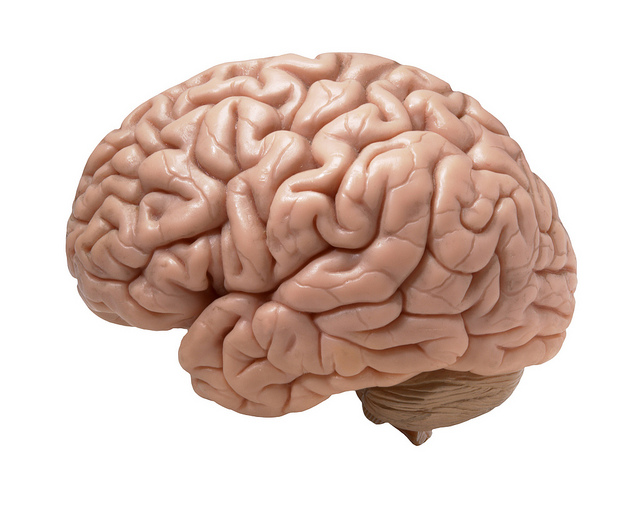Parkinson’s disease is a type of movement disorder affecting about 1 million people who are typically 60 and older. Parkinson’s causes people to have difficulty keeping their bodies still. It is a chronic condition, staying with people over time, generally with worsening symptoms. Some people become severely disabled, but it is not possible to predict the course of the disease for a particular person. There are four signs of Parkinson’s disease:
- Tremor
- Trembling in the hands, arms, legs, jaw or face
- Stiffness in the legs or trunk
- Balance problems
Over time, people with Parkinson’s may have trouble walking or talking or otherwise performing daily activities such as bathing, dressing or eating. Chewing and swallowing and even speaking can be a problem as well. Sometimes, people with Parkinson’s also experience depression or mood swings,
Doctors generally diagnose Parkinson’s based on a neurological exam and medical history, Blood and lab tests cannot diagnose Parkinson’s.
While there is no cure for Parkinson’s, several medications can relieve the symptoms, including tremors. People whose symptoms are not relieved can have Deep Brain Stimulation, recently approved by the Food and Drug Administration.

Leave a Reply